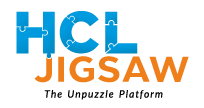Program Details

HCL Jigsaw is a new pioneering program with an objective of building a culture of problem solving in the country starting at the school level. This is India’s Biggest Problem-Solving Assessment Platform for students in Grades 6 to 9.
Note that the student needs to be in Grades 6-9 in the academic year 2024-25 to be eligible for the program
Eligibility Criteria - Grades 6 to 9
Program Structure:
- Registration Duration | April 1, 2024 – July 31, 2024
- Round 1 (Olympiad) | Exam Slot 1: June 15 – 17; Exam Slot 2: August 2 – 4
- Round 1 Result | August 11, 2024 03:00 PM
- Round 2 (Collaboration – Project Based Learning) | August 24 - 25, 2024
- Round 3 (Jury Presentations) | Sept. 7 & 8, 2024
- Award Ceremony | Sept. 9, 2024 04:00 PM
(Note that the student needs to be in Grades 6-9 in the academic year 2024-25 to be eligible for the program.)
What makes HCL Jigsaw Program a future-ready approach for your child?
Brought to you by the best minds in the technology industry, HCL Jigsaw is aimed enabling exciting new-age learning methods for your children. HCL Jigsaw program brings various benefits for your child’s learning journey.
If you want to watch the full videos.

Rewards for the Winners
Top 3 students across each grade
 Total prize purse worth ₹ 12 Lakhs for 12 winners and 24 finalists
Total prize purse worth ₹ 12 Lakhs for 12 winners and 24 finalists Learning opportunity at the prestigious HCL Innovation Labs for winners
Learning opportunity at the prestigious HCL Innovation Labs for winners Award as India's Best Young Problem Solver
Award as India's Best Young Problem Solver
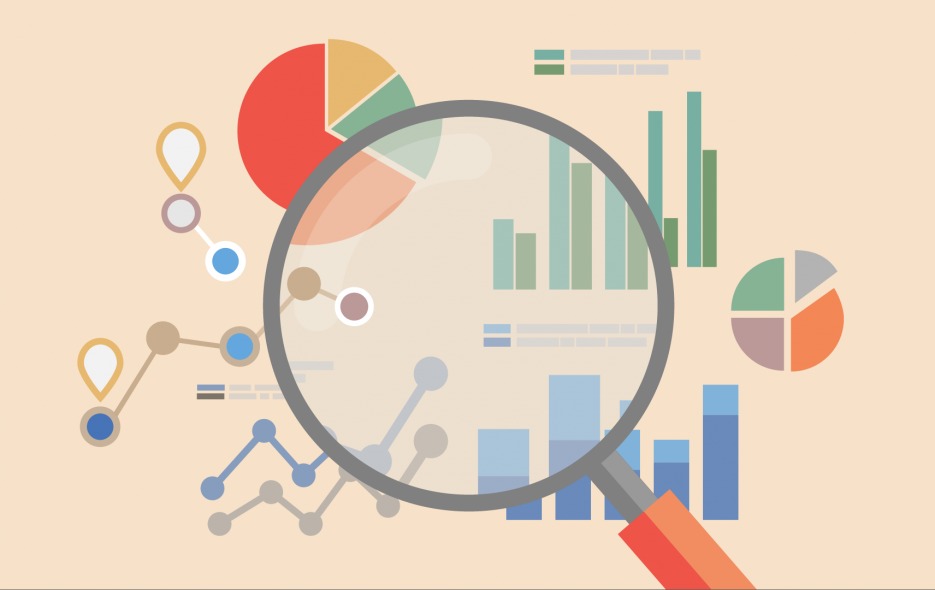
Assessment Parameters
The world is ever changing and growing more complex. To be able to thrive in such an environment requires one to have strong skills across multiple dimensions. While students need to be able to research and reason through problems, they also need empathy and collaboration to solve them. With that in mind, here are the 5 facets of problem solving in which you should seek to excel:

-
1. Research and Reasoning
The ability to define a complex problem and investigate it systematically
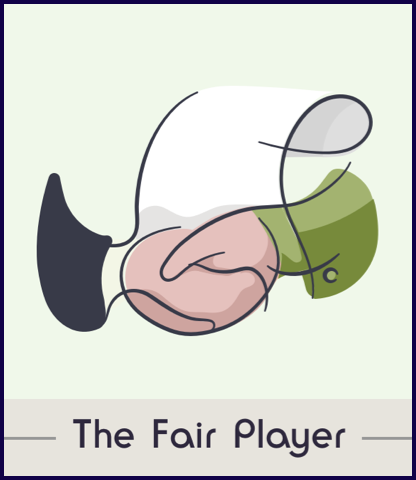
-
2. Empathy and Collaboration
The ability to empathize and form connections with others for support.
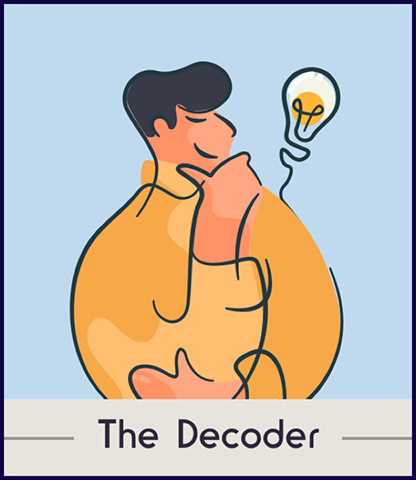
-
3. Problem-solving
Thinking on your feet to navigate difficult situations.
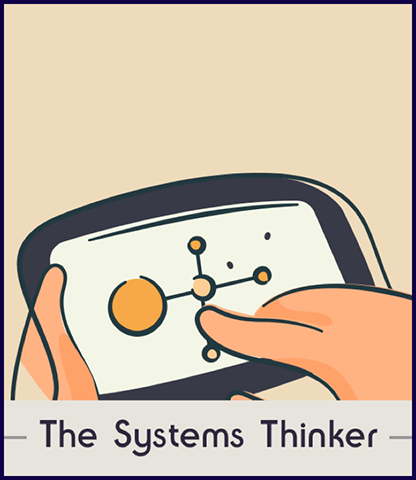
-
4. Creativity and Innovation
Using your imagination and creativity to think of novel solutions.

-
5. Communication
Communicating your ideas clearly to convince and persuade others of your solutions.
Recognition on completion of Qualifier
 Detailed skill assessment report, national ranking and e-certificate of participation for all participants.
Detailed skill assessment report, national ranking and e-certificate of participation for all participants. e-certificate of distinction or merit based on national percentile
e-certificate of distinction or merit based on national percentile


